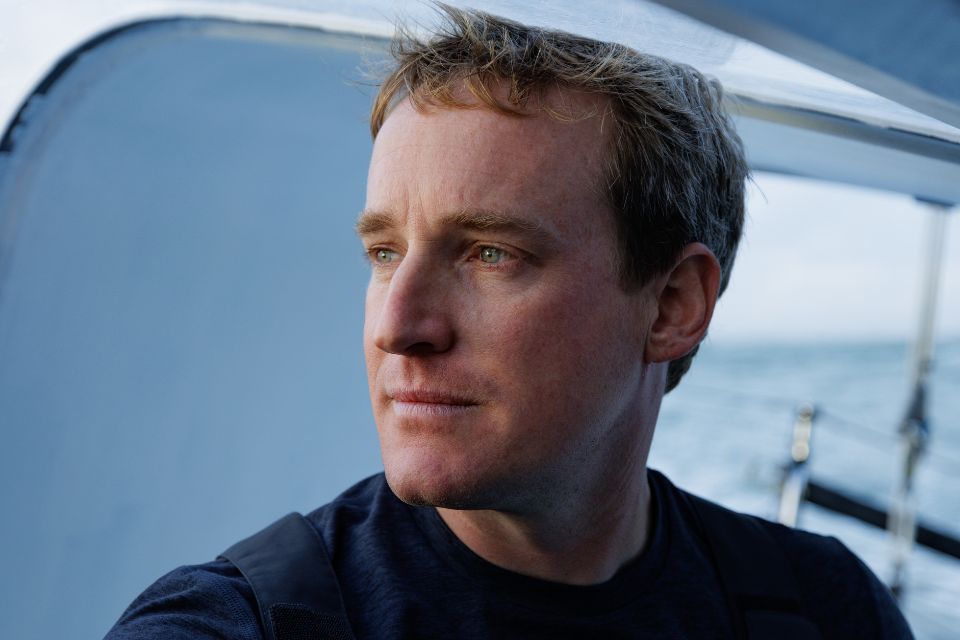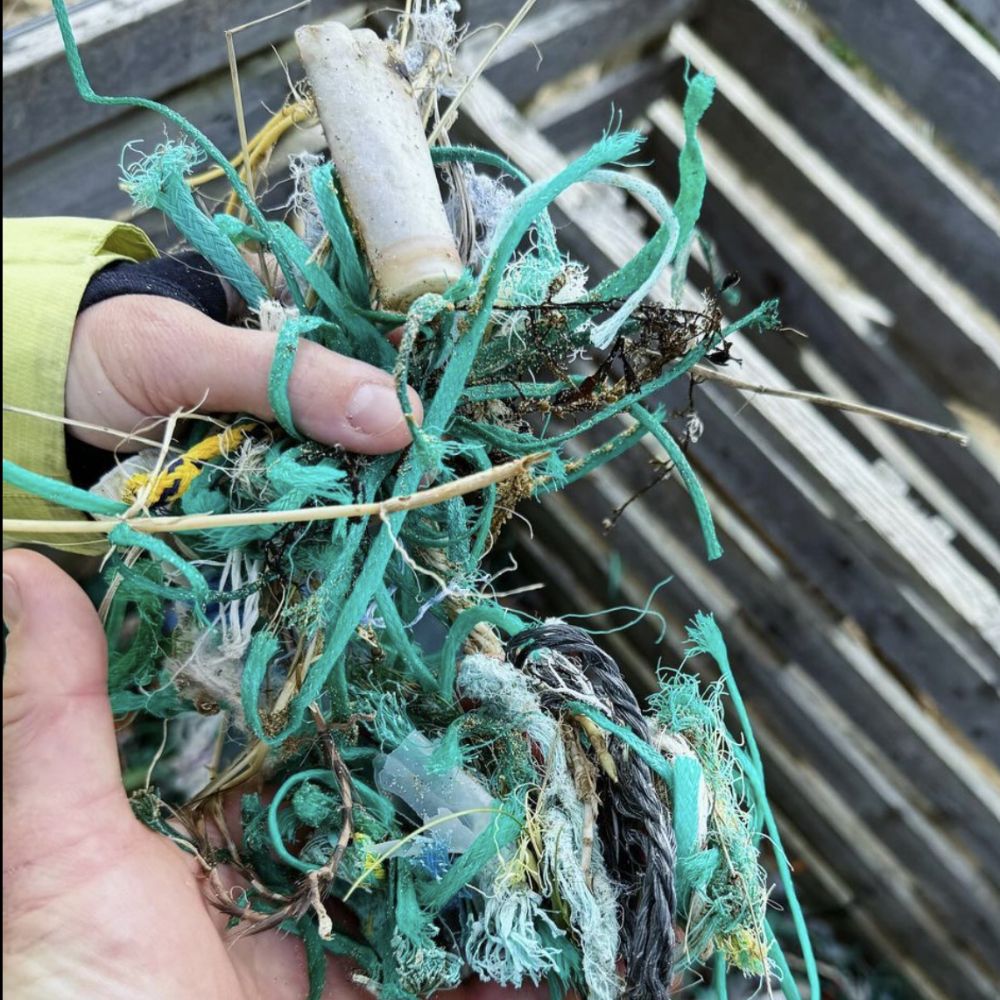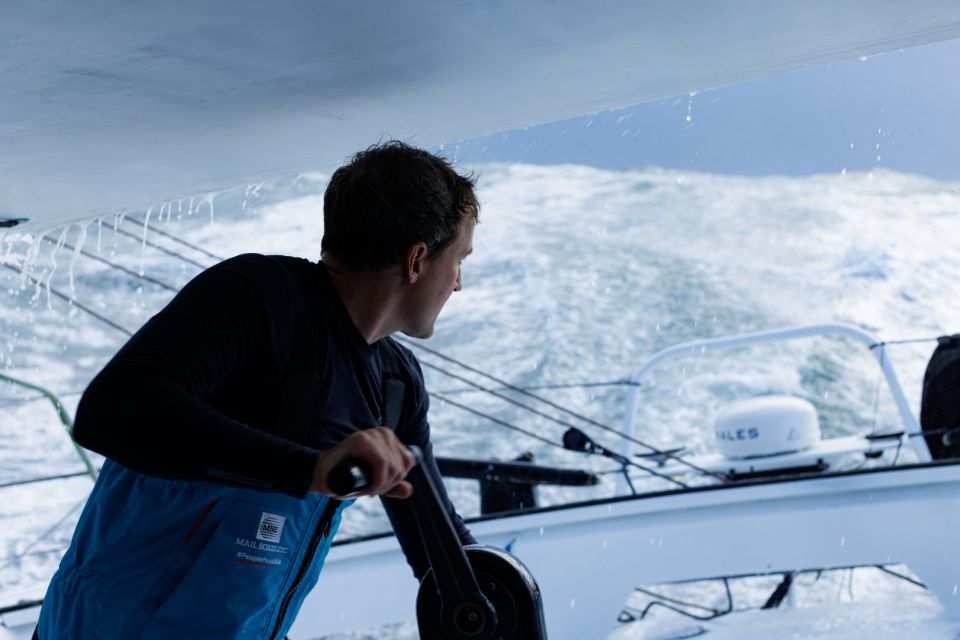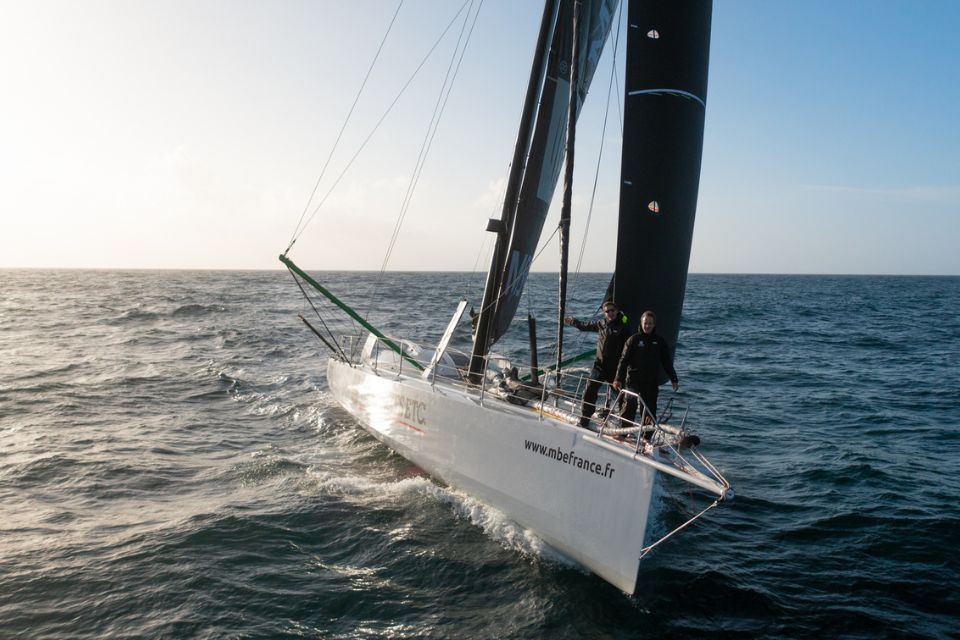Setting Sail for Change: An Interview with Conrad Colman for World Ocean Day
Posted by Gill Marine on 6th Jun 2024
World Ocean Day is a day for raising awareness of and discussing the challenges facing our oceans and the actions we, as a global population, can take to protect them.
As we continue to battle the greatest threat to the health of our oceans: climate change, the theme of World Ocean Day 2024 is ‘Catalysing Action for Our Ocean & Climate.’ This year’s aim is based on the idea that collaboration can help create a healthy ocean and a more sustainable society and together we can persuade legislators and corporate leaders to follow through on their promises.
The Vendée Globe, a gruelling solo, nonstop race around the world, also aims to raise awareness of ocean conservation through the media impact of the event and their ‘One Globe. One Ocean’ sustainability theme. By sailing the Vendée, sailors are highlighting the fragile state of our oceans. With years of preparation and thousands of ocean miles covered, Vendée sailors have experienced first-hand the impact global warming has on the health of our oceans and the marine life that calls it home.
We caught up with ocean sailor, Gill ambassador and Vendée Globe participant Conrad Colman. Known for his innovative spirit and dedication to sustainability. In this interview, we delve into Conrad’s relationship with the Ocean, the most pressing issues threatening our oceans today, and how the Vendée can be a platform to raise awareness and explore what we can do to protect this vital resource.
How is the preparation going for this year’s Vendée Globe? Are you feeling confident?
The year before the Vendée Globe is always slightly terrifying, perhaps more so than the race itself! I am constantly questioning the state of the boat, and whether we’ve thought of everything to make the boat as fast and as reliable as possible.
This will be my fourth race around the world, so as far as the race itself is concerned, I’m excited and impatient.

When did you first connect with the Ocean? Was there a specific moment when you were growing up that you can remember?
I had the very good fortune of being born into a sailing family, so the sea was never far away and I spent hours exploring the vast expanse of our seas and oceans. The first formative moments I can recall are kayaking through a mangrove forest when I was 5 years old. I can still remember the colour of the light, the twisted black roots and the little fishes hiding beneath them. No doubt those mangroves are responsible for my wanderlust!
Having sailed and competed across the world, what are some of the most striking things you've observed about the ocean's health?
Meeting a huge iceberg, far further north than it should have been, was a majestic and sobering experience. The Antarctic is shedding ice at a much faster rate than ever before. We’ve all heard this in the news, but seeing it first-hand really made an impression.
Have you encountered any marine life or pollution that has particularly impacted you?
I remember sailing past a white plastic patio table, in the middle of the South Atlantic Ocean! One must remember that nothing ever disappears or goes away, it always shows up somewhere else. I have lost count of the number of helium balloons I have seen, drifting on the ocean, thousands of miles from the party they escaped from.

What do you see as the biggest challenge in Ocean Conservation today?
Plastic pollution and overfishing. There’s too much plastic going in, and too many fish going out. Neither is sustainable.
How do you ensure you’re contributing to Ocean Conservation whilst sailing worldwide? Does your boat itself reflect sustainable practices in its design or construction?
I want to highlight the transition to renewable energy while racing worldwide. I have pledged not to run my engine to charge the batteries, for the 30000 nautical mile race. Instead, I will be totally reliant on solar power and water turbines. I hope that if I show that these technologies are reliable in the mistaken extreme parts of our globe, then it will spur their adoption elsewhere.

With World Ocean Day coming up, what message do you have for people around the world about protecting our oceans?
I think it’s commonly known, but it bears repeating. Half of our oxygen comes from the sea. We are totally connected to the sea and totally reliant upon it, not in an abstract way, but with every second breath we take.
Are there any specific actions you think people need to take to make a difference?
Consider that every watershed, every stream and river drains to the sea. Be a tidy citizen, and pick up trash in our streets because if we don’t, it’ll end up in the sea.
How do you think the Vendée Globe can be a platform for raising awareness about ocean issues?
For three months, we’ll race around the world and will have millions of people following our every move. It’s important to use this time in the light to call attention to key ocean issues, like overfishing and the sea temperature rise and acidification that comes from fossil fuel use.
Vendée Globe has partnered with UNESCO for the deployment of oceanographic measurement instruments on the race – can you tell us more about this? How does this help?
We will drop measuring buoys into the ocean that will send back data on ocean temperature, salinity and currents. This data will then be incorporated into short-term weather forecasts and long-term climate models.
The Vendée Globe takes us off the beaten track, far from commercial shipping and normal scientific research zones. This means the data from the buoys we will deploy are incredibly valuable.

What can we as a sailing community do to ensure we’re taking steps to become more sustainable sailors?
Get out to sea and enjoy the wind and the waves on whatever kind of watercraft floats your boat. But do so in a durable way. Buy ropes that are bio-sourced, then repair them instead of replacing them. Buy quality garments that last for years after years. Never miss an opportunity to pick up plastic on the beach or intercept it in the street before it reaches the water.

